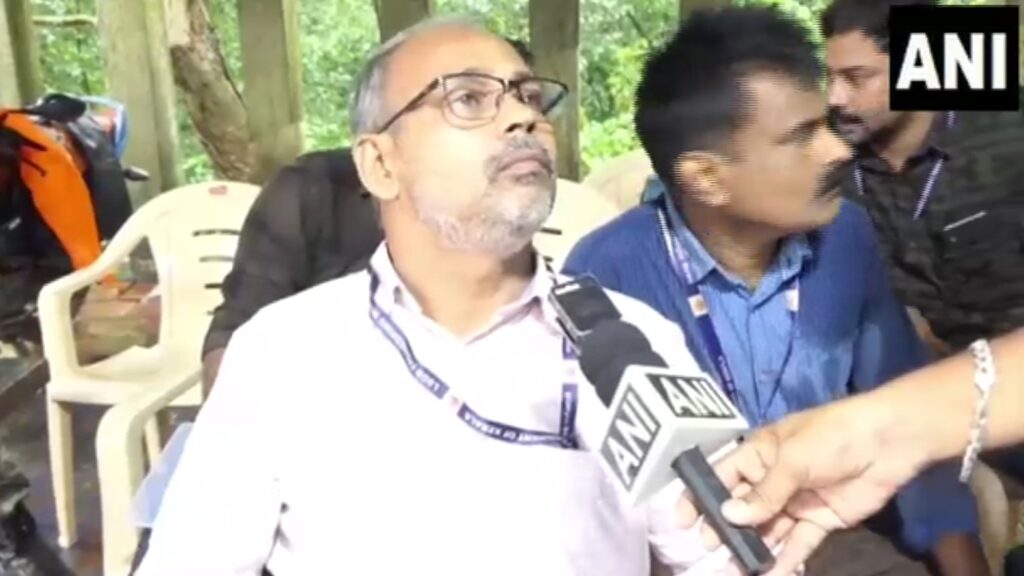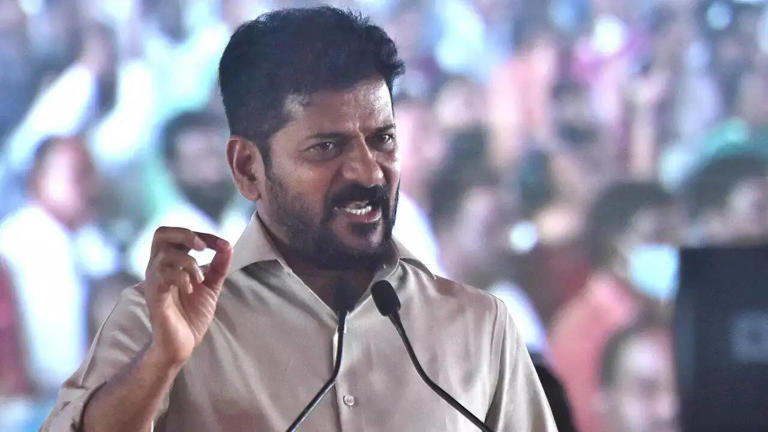“Heaven Will Not Fall”: HC Denies Interim Bail, Puts Faith in Evidence Review on June 5
The Calcutta High Court’s refusal to grant interim bail to digital creator Sharmistha Panoli has reignited the debate over freedom of expression vs the protection of religious sentiments in India. The court’s sharp remarks—“Freedom of expression doesn’t mean you will hurt the sentiments of others” and “Our nation is full of diversity”—signal a legal and cultural shift where the judiciary is clearly asserting limits on unchecked speech in the public domain. Despite her lawyer citing health concerns, police non-compliance with the new BNSS arrest rules, and the deletion of the controversial content, the court denied relief and deferred the next decision to June 5, asserting, “Heaven will not fall.”
WATCH - Your Thoughts on the video ??
— Times Algebra (@TimesAlgebraIND) June 3, 2025
Do Follow @TimesAlgebraIND for more news updates. pic.twitter.com/Sz0OQG2h6z
This isn’t just about a bail hearing anymore. It’s about the boundaries of free speech in India’s legal ecosystem, and how those boundaries are being increasingly tested in a country where diversity is both a strength and a source of friction.
Medical Condition, Apology, and Deleted Content — But No Bail
Sharmistha Panoli’s legal team presented a multi-pronged case:
- The arrest was illegal under the new Bharatiya Nagarik Suraksha Sanhita (BNSS), since the alleged offences are non-cognisable, and no prior notice was issued.
- Panoli is suffering from kidney issues and allegedly not receiving proper medical care in custody.
- She had deleted the video and even issued an apology, which her lawyers argued showed remorse.
- Lastly, she has been subjected to daily threats, creating a serious mental and physical health risk.
However, the High Court was unyielding. It made clear that procedural violations would be examined later, but not at the cost of public order. In what appeared to be a signal to other influencers and digital content creators, the court maintained that sensitive issues, especially those touching upon religion, must be treated with utmost care, regardless of later regret.
The takeaway? Remorse and health conditions alone won’t secure bail if the court believes that societal harmony is at stake.
“Heaven Will Not Fall” — The Judiciary Reclaims Moral Ground
In its now-viral remark, the High Court dismissed urgent interim relief with a simple but pointed message: “Wait till June 5. Heaven will not fall.” This line wasn’t just about court procedure—it was a deliberate reassertion of judicial patience, order, and process.
🚨 CALCUTTA HIGH COURT : Freedom of expression doesn’t mean you will hurt the sentiments of others.
— Times Algebra (@TimesAlgebraIND) June 3, 2025
HC : "Our nation is full of diversity"
SHARMISHTHA's LAWYER : She is suffering from Kidney issues. Please grant her Interim Bail. She is receiving threat everyday.
HC : "Next… pic.twitter.com/eS1NfLW8pW
The prosecution countered the defense’s claims, stating that multiple legal notices were served to Sharmistha and her family, who chose to remain unresponsive. This led to the issue of an arrest warrant and her detention from Gurugram.
The court also froze all other FIRs, consolidating the main investigation under the Kolkata jurisdiction, a move that ensures no parallel investigations distort the process.
This moment marks a judicial shift away from public pressure and social media-driven narratives. In an age where cancel culture, public apologies, and digital backlash often shape outcomes faster than courts, the Calcutta HC has chosen to stay grounded in hard evidence and legal due process. By demanding the case diary and collected evidence before acting, the court is refusing to be swayed by either media noise or emotional appeal.
The Sharmistha Panoli case isn’t just another bail rejection—it’s a mirror to India’s ongoing struggle to balance democratic freedoms with cultural sensitivity. The Calcutta High Court’s tone, timing, and textual force show that expression in India is still free, but not frictionless. Whether one sees Sharmistha as a victim of overreach or a creator who crossed the line, the case is a cautionary tale:
In a nation bound together by multiple faiths, identities, and traditions, speech carries weight—and consequences. And in the courtroom, apologies and health arguments may not outweigh the law’s call for social stability and due process.





















